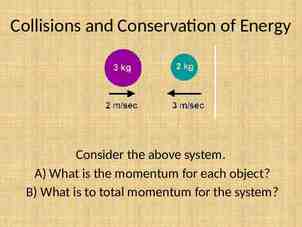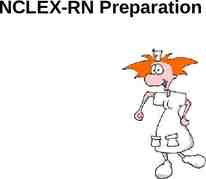Marketing Education: Foundations & Functions.
20 Slides189.00 KB

Marketing Education: Foundations & Functions.

Mission of Marketing Education The Mission of Marketing Education is to enable students to understand and apply marketing, management, and entrepreneurial principles; to make rational economic decisions; and to exhibit social responsibility in a global economy.

The Marketing Education Curriculum: Encourage students to think critically. Stress the integration of and articulation with academics. Be sequenced so that broad-based understandings and skills provide a foundation to support advanced study of marketing. Stress the importance of interpersonal skills in diverse societies. Enable students to acquire broad understandings of and skills in marketing so they can transfer their skills and knowledge between and among industries.

The Marketing Education Curriculum: Enable students to understand and use technology to perform marketing activities. Foster a realistic understanding of work. Foster an understanding and appreciation of business ethics. Utilize a variety of types of interactions with the business community.

Marketing Foundations There are four broad-based foundational areas in the Marketing Curriculum: Business, Management, and Entrepreneurship Communication and Interpersonal Skills Economics Professional Development Each of these is addressed in more detail later in this presentation.

Marketing Functions Functions relate to actual practices. The seven marketing functions are: Distribution Financing Marketing-Information Management Pricing Product/Service Management Promotion Selling Each of these is addressed in more detail later in this presentation.

Marketing Continuum K-16 Basic Academics integrated with Career Awareness and Career Exploration Advanced Academics integrated with: Marketing Foundations Related Business Skills Marketing Functions Marketing Specialization

Marketing Education Standards Marketing Education integrates academic concepts and technology applications throughout the curriculum Academic Concepts: math, reading, writing, speaking, sociology, psychology, geography. Technology Applications The successful implementation of marketing requires the use of technology. Productivity software Desktop Publishing

Marketing Foundations (1 of 4) Business, Management, & Entrepreneurship Identify ways that technology impacts business. Explain the nature of marketing strategies. Demonstrate leadership characteristics. Monitor variables associated with business risk. Demonstrate effective fiscal practices. Identify potential business ventures based on research. Formulate a business plan.

Marketing Foundations (2 of 4) Communication and Interpersonal Skills Communicate clearly and concisely in writing. Use technology to facilitate marketing communications. Make decisions. Treat others fairly at work. Demonstrate interpersonal skills in team working relationships. Apply interpersonal skills to good customer relationships.

Marketing Foundations Economics (3 of 4) Explain the concept of economic resources. Interpret the impact of supply and demand on price. Identify factors affecting a business’s profit. Determine factors affecting business risk. Explain the concept of productivity. Evaluate the influences on a nation’s ability to trade.

Marketing Foundations (4 of 4) Professional Development Analyze employer expectations in the business environment. Identify employment opportunities in marketing and business. Utilize resources that can contribute to professional development.

Marketing Functions (1 of 7) Distribution Explain the relationship between customer service and distribution. Select distribution channels and channel members.

Marketing Functions (2 of 7) Financing Describe the role of financing in marketing and business endeavors. Identify loan rates. Calculate exchange rates. Use budgets to meet the financial needs of a business.

Marketing Functions (3 of 7) Marketing-Information Management Determine the need for marketing information. Analyze the environments in which businesses operate. Demonstrate procedures for gathering marketing information using technology.

Marketing Functions (4 of 7) Pricing Determine pricing objectives, policies, and strategies. Use technology to assist in setting prices.

Marketing Functions (5 of 7) Product/Service Management Plan a product/service mix. Analyze product-liability risks. Select materials/products/services to purchase. Describe factors used by marketers to position products/businesses.

Marketing Functions (6 of 7) Promotion Explain the communication process used in promotion. Write promotional messages that appeal to targeted markets. Utilize publicity. Develop a promotional plan.

Marketing Functions (7 of 7) Selling Develop an understanding of customers/clients. Utilize strategies to build and maintain a clientele. Determine/Minimize risks in selling to a customer. Utilize selling techniques to aid customers/clients in making buying decisions.

Marketing Education Curriculum Planning Two sets of national standards exist to support curriculum planning in Marketing. MBAResearch Probably the most detailed and recognized standards specifically associated with Marketing Education. http://www.mbaresearch.org Look in the “Curriculum/Teaching” section for “Standards” NBEA National Business Standards The Idaho Business Standards also address Marketing and were adapted from the NBEA standards. http://www.educ.uidaho.edu/standards/ Look for the “Marketing” link






